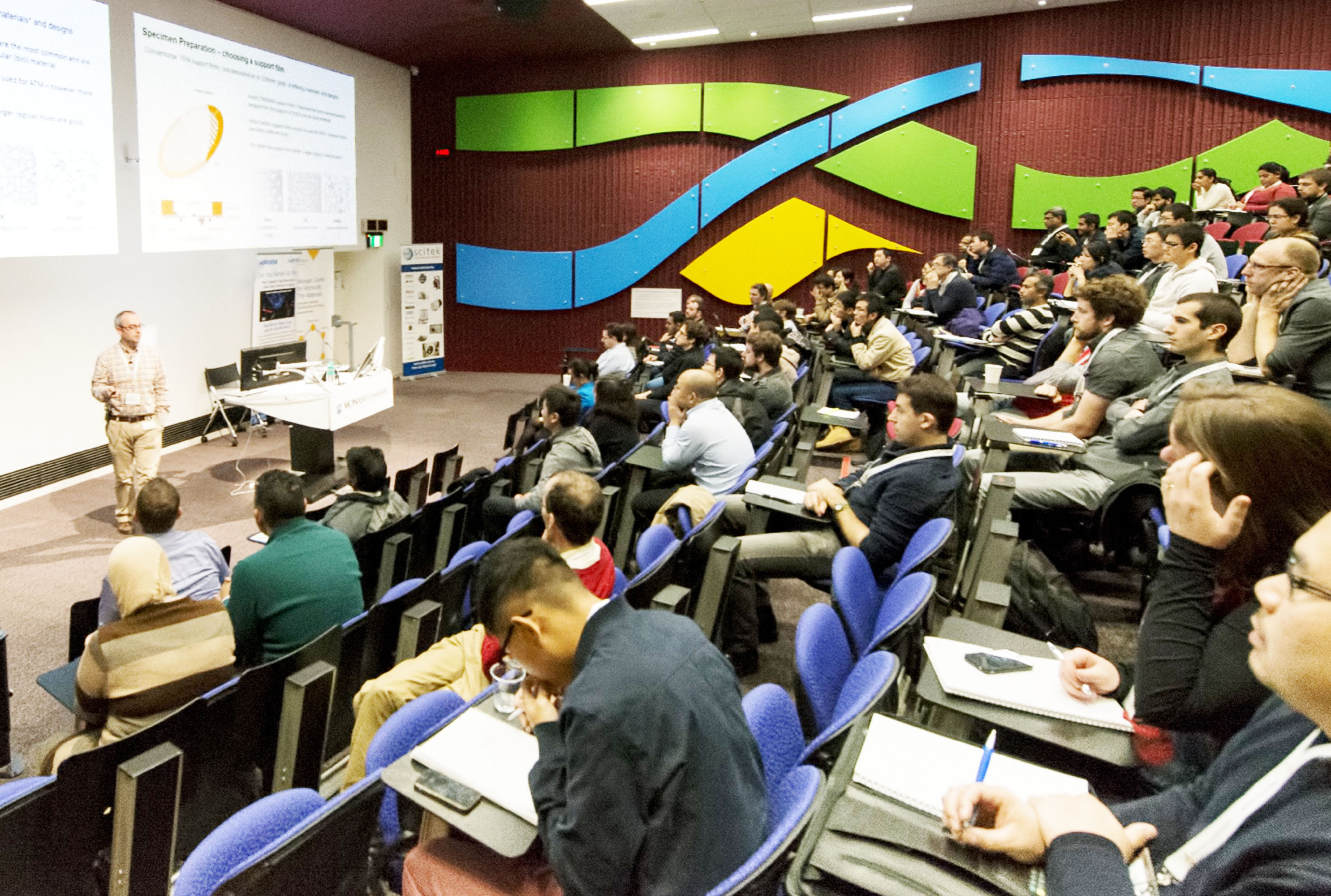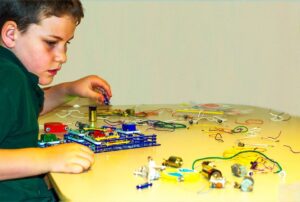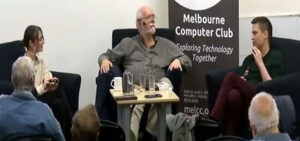Engage
Ways to engage with FLEET
Attend our research seminars
Participate in our next training workshop
Join us at our next outreach event
Subscribe to receive our news
Follow us social media
Subscribe to receive our e-Newsletters
Engage News
–Are hover boards real? –What’s lightning? –Can we time travel? –Can I predict where a rainbow will form? –What is electricity, and who were the first electricians? Introducing FLEET’s new “Ask a physicist” page, where we’re encouraging schoolkids, parents and others to ask their hardest, most-baffling questions and we’ll answer them (or, we’ll find a FLEET member who can). We’d …
Developing transferable skills is vital for scientists at all career stages, but most particularly for PhDs and early-career researchers, to maximise their options inside and outside of academia. A team from across FLEET started the following list of resources, which are available for scientists to improve their skills… Thanks to Gol Akhgar and Semonti Bhattacharyya (Monash) Matthias Wurdack (ANU) and …
Tackling the next climate crisis with polariton superfluids, chocolate bars, ultra-fast laser pulses and chaotic gardening… FLEET’s Rishabh Mishra (Swinburne), Mitko Oldfield and Alex Nguyen (both at Monash University) have recently recorded explanations of their PhD research, submitted for the 2021 national Three Minute Thesis competition. Mitko Oldfield (School of Physics and Astronomy) explains his studies of polariton superfluids, with …
What is the future of computing? As Moore’s law is approaching an end, new technologies are required to enable further advances in computational speed and energy-efficient data processing. As transistors took their first baby-steps over half a century ago, the next generation of electronic switches are being born today. Engaging with the Melbourne computing and electronics community in a ‘fireside …






